
Tame the Digital Beast: Your Guide to Record Management
In today’s digital age, information is everywhere. From work documents to personal photos, it’s easy to feel swamped. But fear …
Blog about archivists and clerks

Hello, dear readers! My name is Freda Herrera and I am happy to welcome you to my blog dedicated to the fascinating world of archives, records management and everything related to it.
Read More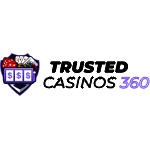
Ready for a guaranteed good time? Dive into the thrill-packed world of trusted casino online, where the excitement never stops and the wins keep rolling in

Feel the thrill at a casino free from Swedish restrictions, and get ready for an exciting journey riding the waves of fortune at popmani.se

Dive into Norwegian gaming with the VISA casino, where seamless transactions enhance your iGaming experience and bring your adventures to life

Experts site PlayFortune research and tell you about the best online casinos in Brazil https://playfortune.net.br. You will find the safest and most reliable sites and bonus offers among them.

Yay Casino is America's social casino! We're all about bringing you a ton of fun with our awesome selection of games - from slots and massive jackpots to chill fishing games. Our goal is to keep you entertained and engaged with every click. Get Yay Casino sign up bonus today!

Get ready for non-stop fun at HellSpin Casino: Where every moment is exciting!

Reverse phone search allows you to identify the owner of a phone number. Enter the number online to access details like name, address, and more.
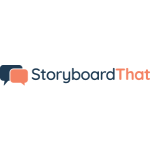
Discover the world of visual storytelling with our platform dedicated to creating compelling storyboards.

Hiring a skilled attorney can make all the difference in the compensation you receive in a personal injury case. An experienced Boston personal injury lawyer at Michael Kelly Injury Lawyers can handle the insurance adjusters, legal forms, and insurance claims.

An archivist is a person whose profession involves acquiring, preserving, and making available for research authentic primary historical materials.

Professional training for archival work usually occurs at the graduate level. In the past, most archivists learned on the job, but the more knowledge gained at university, the better for the aspiring archivist.

Appraisal archivists: these archivists evaluate collections to determine their historical and research value.

An archivist’s career ladder can vary depending on the organization they work for and the specific work environment.
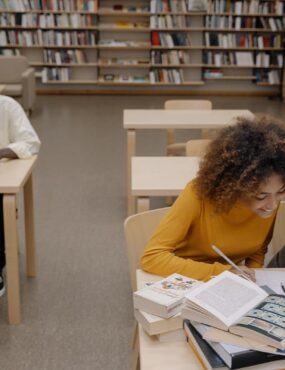


No large modern company does not do without an employee who deals with document management.
Read More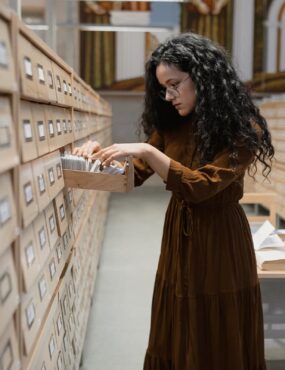

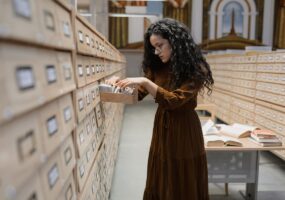
Clerk specializations can vary depending on the type of organization and field of work. Some of the common specializations in this profession include
Read More


The most common confusion is between the professions of document technician and file clerk. Are we talking about the same profession or different ones?
Read More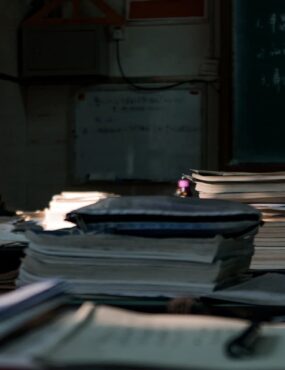


Document management is the storage, organization, and management of documents in an organization.
Read MoreMuseums, archives, libraries, anthropologists and ethnologists play an invaluable role in preserving the rich cultural heritage of our planet. By recording and providing access to the music, art, knowledge and traditions of indigenous communities, these institutions help to spread a broader understanding and respect for different cultures. However, some traditional communities are beginning to express concern that the activities of museums and cultural professionals sometimes do not adequately address their rights and interests; and that documenting and displaying, say, a traditional song or tribal symbol makes them vulnerable to misappropriation.
How can museums find a balance between preserving and protecting cultural documentation? And how can the general public gain greater access to the rich collections held in archives and museums? Traditional communities and cultural institutions have begun to seek intellectual property (IP) information and advice on these issues. Greater clarity on how to identify relevant IP issues and options can benefit all stakeholders. This article outlines several key issues and describes WIPO’s activities to address them.
The ethnographic collections of museums and other institutions often contain invaluable, even unique, records of ancient traditions, lost languages and community histories that are vital to indigenous peoples’ sense of identity. The treatment of sensitive and sacred materials in such collections can be a source of particular concern. Indigenous peoples also cite numerous instances where commercial users have utilized cultural heritage collections without seeking the consent of the community concerned, let alone acknowledging the source or distribution of commercial benefits. Some popular world music albums, such as Return to Innocence, have included samples of traditional music that were originally recorded and made public for heritage preservation purposes.
According to expert Henrietta Formille (Center for Indigenous History and Art, University of Western Australia), the essence of the problem from the perspective of indigenous people is that “the information collected about us simply does not belong to us.”
This raises questions about the role of intellectual property law, policy and practice in activities aimed at preserving cultural heritage. Such questions arise for museums, libraries, archives, and galleries in relation to their collections of original works, as well as derivative databases, catalogs, journal books and postcards, etc. Intellectual property issues become more relevant when they create digital libraries of their collections.
The “public domain” nature of traditional cultural expressions (folklore), which has been the subject of criticism, especially by indigenous peoples, raises interesting and complex issues. For example, while intellectual property law may consider a traditional song to be in the public domain, a recording of that song creates intellectual property rights in the recording. Who owns these new rights, and how can they be managed in a way that takes into account the interests of the community that has been entrusted with the custody of the song under customary laws?
What intellectual property rights do researchers and cultural institutions have? And how can these rights best be managed in the interests of cultural preservation, promoting cultural diversity, fostering creativity and cultural exchange, and facilitating public access to and enjoyment of diverse cultural expressions?
What existing intellectual property rules and practices can help researchers and cultural institutions fulfill their objectives?
These questions often arise in practice. The Tulumne Tribe of California recently used copyright laws to stop the sale of CDs and videos of their sacred dances. There are other cases where the recording of a work of traditional art and the use of intellectual property rights to that recording helped protect the original work from misuse
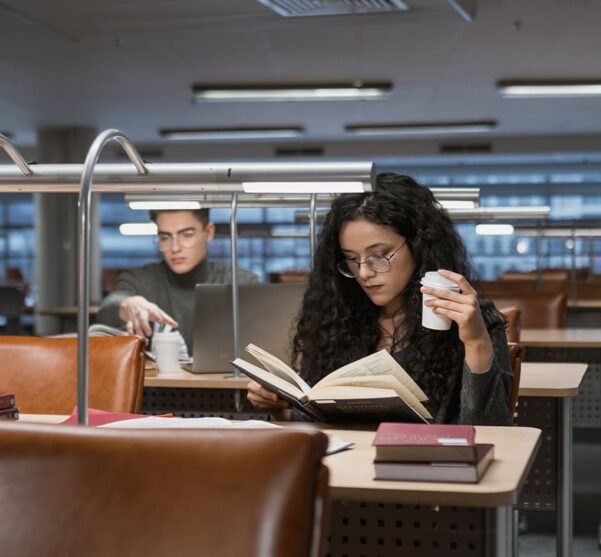

In today’s digital age, information is everywhere. From work documents to personal photos, it’s easy to feel swamped. But fear …

Keeping things organized in our busy world is crucial, especially when it comes to managing documents. Whether you’re overseeing a …

Providing comprehensive support to students is paramount for their academic success. However, the financial constraints faced by educational institutions often …